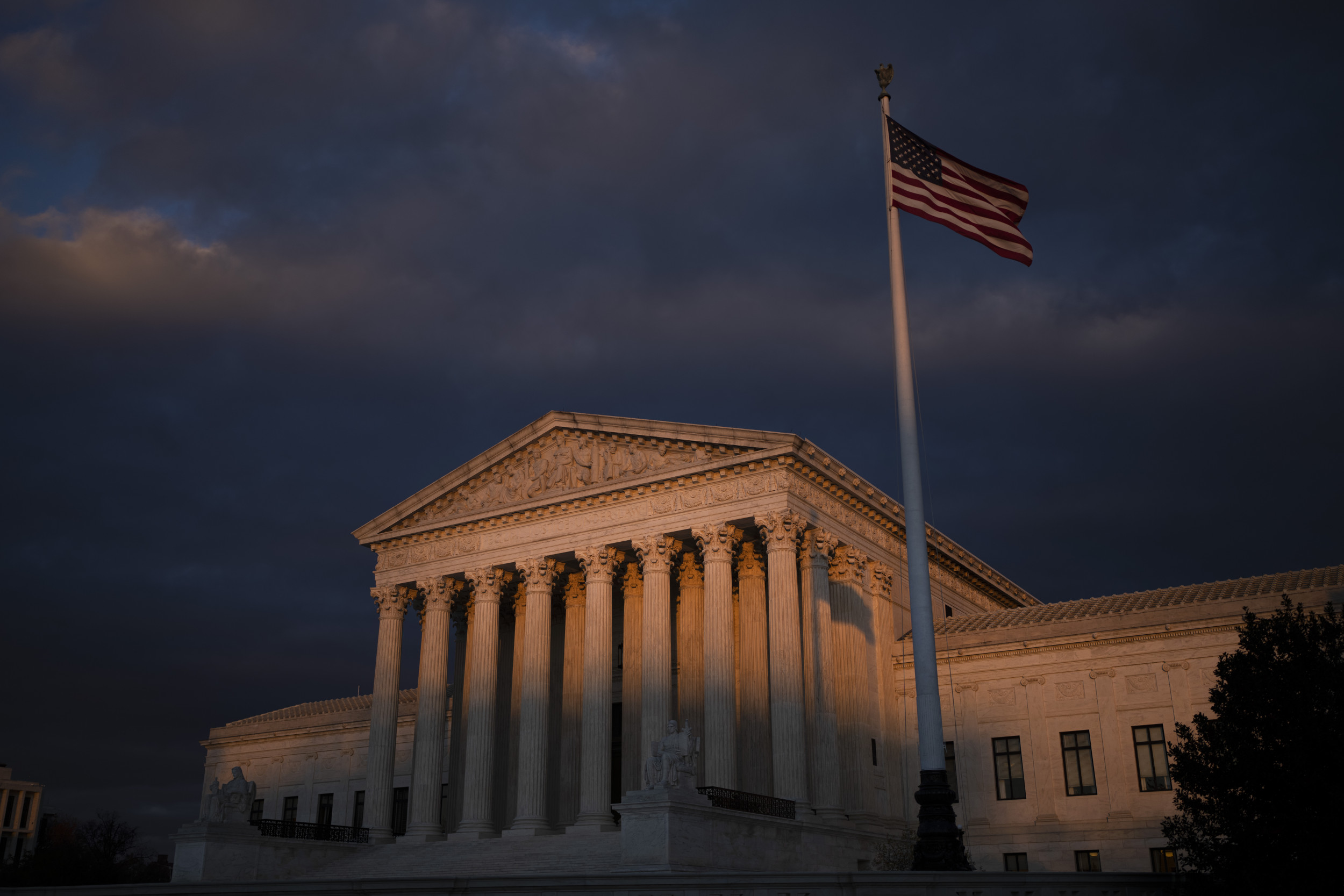

“Allowing the states to circumvent the Constitution, as Texas has done here, whether it's on abortion rights or another constitutional right, means that states can flout the Constitution without any consequences.” “I think it's absolutely destructive to a rule of law and the court’s legacy and the integrity of the court,” Brigitte Amiri, deputy director of the ACLU Reproductive Freedom Project, said in a phone call.

The ruling not only endangers abortion rights, it also creates a roadmap for any state legislature to make laws at odds with the court’s precedents without concern that they’ll be blocked. The court ruled to allow the case to move forward on a very narrow ground leaving little room to block enforcement of a law that directly conflicts with the court’s precedents in Roe v. This has complicated pre-enforcement challenges and hamstrung the judiciary from blocking its enforcement. The Texas law - Senate Bill 8 - uses a unique enforcement mechanism that delegates its enforcement to citizens instead of government officials. “The nature of the federal right infringed does not matter it is the role of the Supreme Court in our constitutional system that is at stake.” “Indeed, ‘f the legislatures of the several states may, at will, annul the judgments of the courts of the United States, and destroy the rights acquired under those judgments, the constitution itself becomes a solemn mockery,’” Roberts wrote. Madison which established the court’s supremacy over state legislatures. Roberts said the purpose and effect of the law were to “nullify this Court’s rulings” and then cited Marbury v.

Over 200 years later its chief justice asks what happens when the majority of the court is willing to throw away that basic principle.Ĭhief Justice John Roberts worried - not for the first time - about the court’s legitimacy when he wrote a partial dissent in the court’s ruling on a near abortion ban in Texas last week. WASHINGTON (CN) - In 1803 the Supreme Court made a landmark ruling establishing judicial review.


 0 kommentar(er)
0 kommentar(er)
